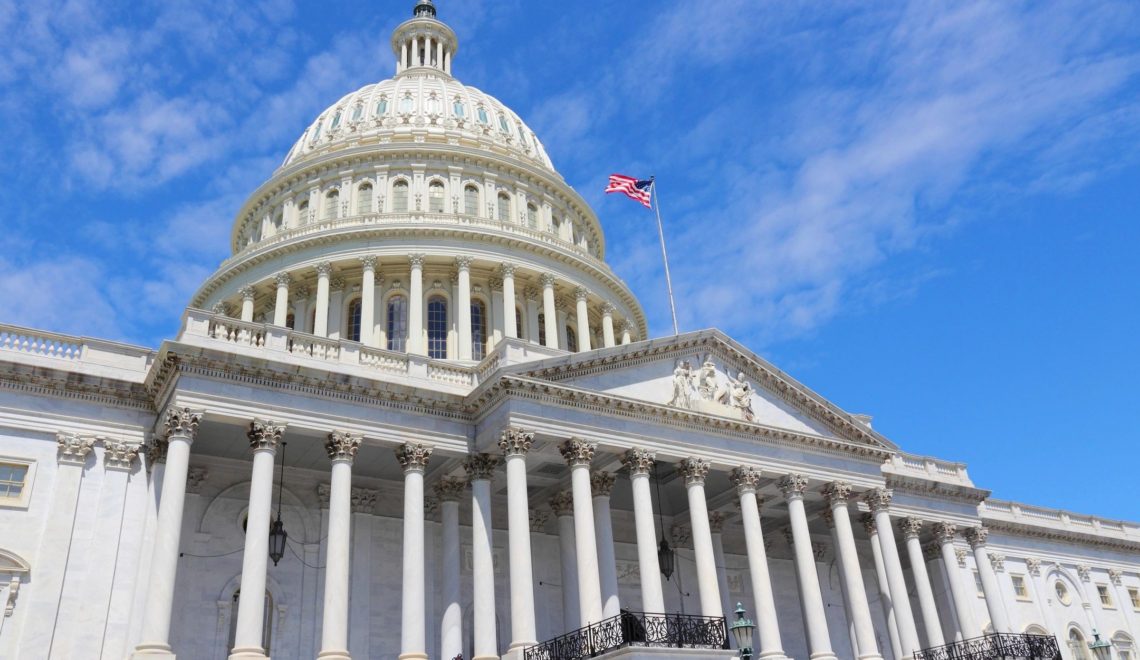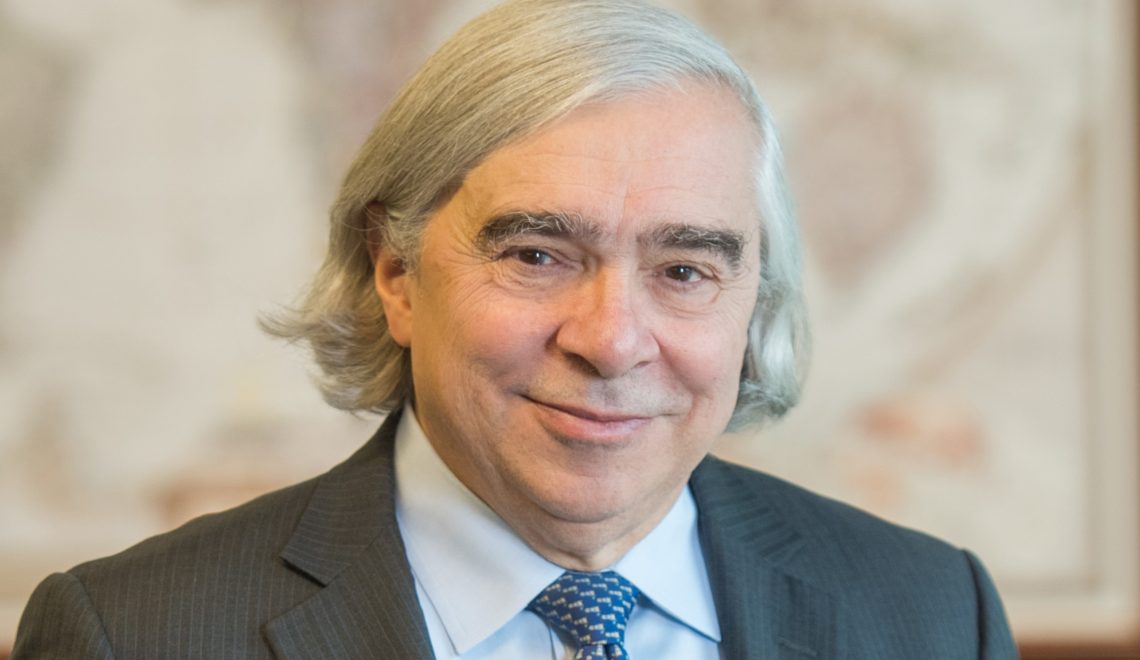In what may seem like a politically senseless move, a young Republican congressman is trying to rally support in the U.S. House of Representatives for comprehensive actions addressing climate change, including possibly a tax on carbon emissions.
“I’m not ready to come out yet and endorse any specific ideas, because ideally this would happen organically, and members would together think it through and build something by consensus,” Rep. Carlos Curbelo said in an interview with me on the “Columbia Energy Exchange” podcast. “But we are approaching the time when Republicans, in conjunction with our Democratic colleagues, have to do more than simply oppose bad policy. We have to proffer good policy, and that’s what we’re trying to build to.”
At a time when many members of his party still deny the occurrence of climate change and humans’ contributions to the phenomenon, Curbelo, 37, makes clear his conviction.
“I believe that the Earth’s climate is changing and that a lot of that has to do with human activities, specifically carbon emissions, and that if we’re going to hand off a clean healthy planet to future generations, we need to take action to reduce carbon emissions and to make sure that humans stop influencing the climate in a negative way,” he told me in his Capitol Hill office.
To see the risks posed by global warming, Curbelo can simply look around his district, which spans Miami-Dade County and the Florida Keys. Most of his constituents live near the sea, including many at sea level, where the dangers of rising tides are considerable.
Two years ago, Curbelo and another coastal Florida congressman, Democrat Ted Deutch, formed the Climate Solutions Caucus with an eye toward finding “market-based innovative solutions” for rising temperatures.
The caucus now numbers 70 members, split evenly between Republicans and Democrats. In fact, new members are only added in pairs: for each new member from one party, there must be another from the other party.
Curbelo acknowledged that the caucus still has a long way to go to become a dominant force in the conservative House. After all, its 70 members account for just 16% of the chamber’s 435 members.
But it’s off to a good start, in his estimation.
“When I arrived here—my service started in January 2015—there were maybe two or three Republicans, myself included, who were willing to even talk about this,” he said. “So, we’ve seen great growth. And now what we need to figure out, and we’re in the process of doing that, is how to convert this into action, into legislation that can actually help mitigate what we’re observing.”
The caucus’ influence has already been evident in the defeat last year of an amendment to a defense authorization bill that would have stricken a requirement that the Pentagon consider the risks that climate change pose for military installations.
“That’s progress, yes,” Cubelo said, noting the risks facing a naval station in Key West. “And it’s a small step. But if this caucus ends up being the major factor that I hope it will be in environmental policy, then we will look back at that moment and say that was the first step we took where we showed that we could make a difference, influence the process and put our country on a better path.”
Curbelo is similarly pleased with provisions in the recently enacted budget agreement that expanded and extended tax subsidies for nuclear energy and technologies that capture carbon from coal and natural-gas power plants and bury the emissions underground.
That said, these developments don’t add up to a comprehensive remedy to climate change, one that would accelerate the movement to a cleaner energy future, he said.
So, what about putting a price on carbon, specifically a carbon tax, an option that has been embraced by some prominent former Republican officials, like ex-Secretary of State James Baker III and ex-Treasury Secretary Henry Paulson Jr.?
“It’s an idea that certainly should be considered and debated, and by the way, this White House, when we began our tax-reform exercise, mentioned carbon pricing as a potential element of tax reform,” he said. “Now, they quickly took that off the table because I think some Republicans here on (Capitol) Hill were alarmed by that. But the Trump White House did proffer that as a potential element of tax reform now.
“Comprehensive tax reform is behind us, but the environmental challenges still remain, and I certainly think that the idea of recognizing the price of carbon, because there is a price associated with it, is a worthwhile discussion.”
Does he see a strong fiscal case for a carbon tax, as opposed to costly subsidies like those for nuclear, carbon capture and even renewable energy, especially considering ballooning government budget deficits?
“It would certainly be more efficient. It would be fair across the board,” he said.
“I think that if conservatives gave a hard look to this idea of carbon pricing, they would probably like it or appreciate it a lot more than they do,” he added. “And again, I’m not endorsing any specific policy solution for now because I would like to give my colleagues…the opportunity to really think this through and to build an idea by consensus. But again, I think that specifically (for) Republicans, the time is coming when we have to take some risks and put some proposals out there.” — Bill Loveless








